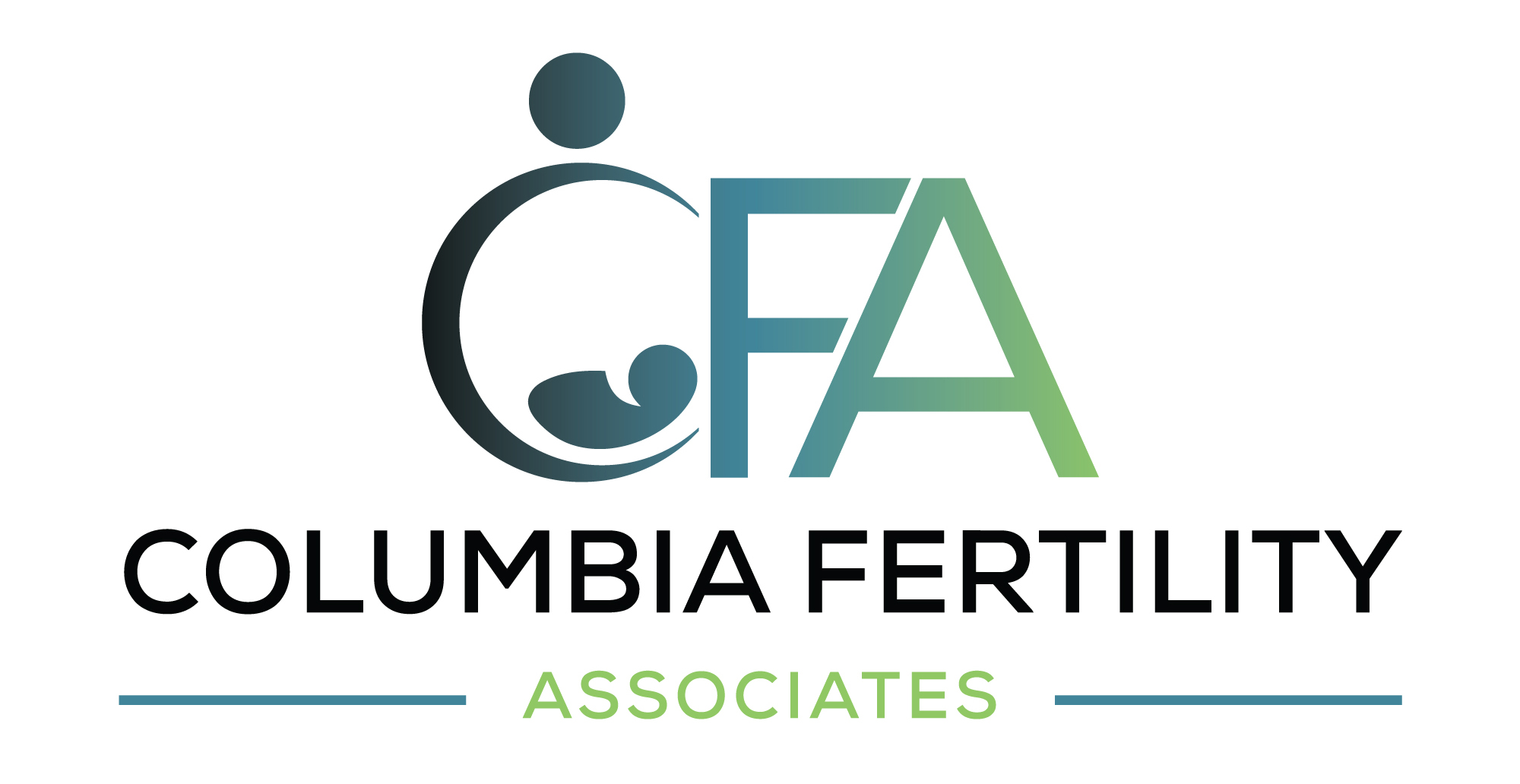Miscarriage
A miscarriage occurs when you experience spontaneous pregnancy loss in the first 20 weeks of your gestation. In most cases, miscarriages are classified as chemical miscarriages and generally happen before you even know you’re pregnant. The embryonic cells then leave your body with your next period.
If a miscarriage occurs later in your pregnancy, however, you may experience symptoms such as:
- Moderate to severe lower back pain
- Contractions
- Heavy spotting or bleeding
- A whitish-pink mucus discharge
- Heavy bleeding with clots
- Weight loss
- A sudden stop to other pregnancy symptoms
If you experience any of these symptoms, call Columbia Fertility Associates to make a same-day appointment. You may be advised to go to the emergency room, depending on your symptoms.

Miscarriage Q & A
What Causes a Miscarriage?
Unfortunately, there are many potential causes of miscarriage, and the exact reason is often difficult to diagnose. Early chemical miscarriages generally occur because the pregnancy isn’t viable due to severe chromosomal abnormalities as the result of damaged egg or sperm cells or problems during the cell division process at the zygote stage.
Other potential causes of miscarriage include:
- Hormonal or health problems
- Lifestyle issues, including drug use, poor nutrition, or exposure to radiation
- Incorrect implantation
- Maternal trauma
Your doctor runs diagnostic tests to determine the cause of your miscarriage, but the tests may not provide conclusive information.
What Should I Do if I Think I’m Miscarrying?
If you’re experiencing cramping, bleeding or other signs of a miscarriage, call your doctor at Columbia Fertility Associates immediately. They’ll either have you come into the office or suggest you go to the emergency room. Your physician confirms your miscarriage and provides treatment to prevent further bleeding and infection. They check that all embryonic tissue has been expelled.
When you go home, you should rest and take care of your emotional and mental health. Your doctor can provide advice and a referral for mental health support if you need it.
Can I Prevent a Miscarriage?
Since most miscarriages are due to chromosomal abnormalities, there is little you can do to prevent them. However, you can ensure you’re in the best possible health and physical condition to support a viable pregnancy.
If you’re trying to conceive, make sure you’re eating a nutritious and balanced diet that includes folic acid supplements and exercising regularly. Diet and exercise not only contribute to your overall health, but also help you maintain a healthy body weight, which is essential to a successful pregnancy.
Once you’re pregnant, your doctor provides customized pregnancy advice, including guidance on over-the-counter and prescription medications, dietary suggestions, and exercise that is safe and healthy for you and your baby.
If you think you’re having a miscarriage, call Columbia Fertility Associates immediately for prompt medical attention. You can also book appointments online.

